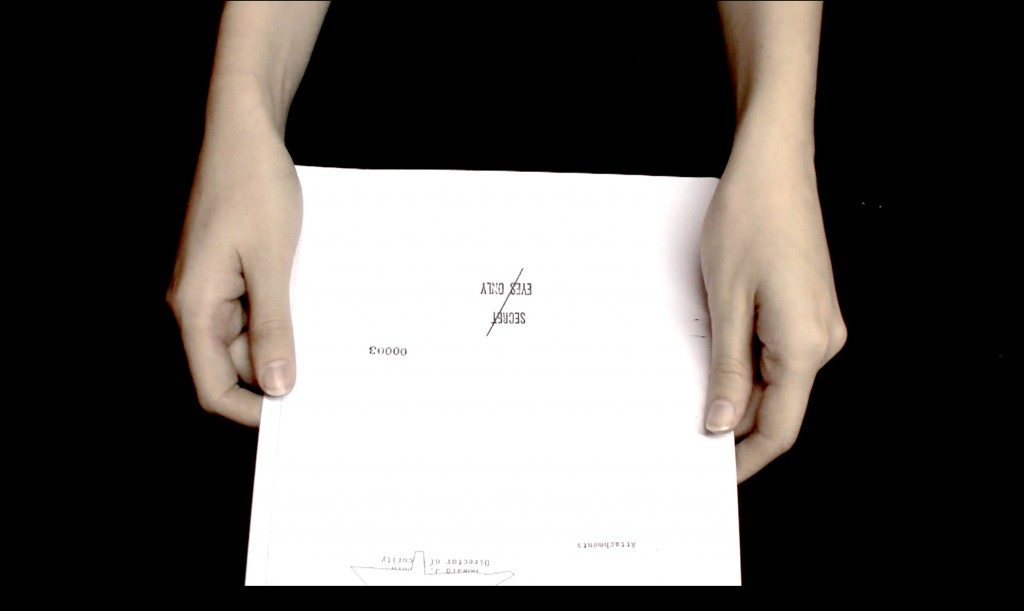“Literature was not born” says Nabokov “the day when a boy crying wolf, wolfcame running out of the Neanderthal valley with a big gray wolf at his heels; literature was born on the day when a boy came crying wolf, wolfand there was no wolf behind him.” One of the fundamental qualities of every credible and convincing narration is what Barthes calls the “reality effect”; in other words, the paradox that, in representing reality, there is the need for artifice, deception, lying.
A trompe l’oeilat the heart of truth. Both the populists and the magicians intertwine analysis of facts with manipulative communication, hypnotic suggestion and literary storytelling, especially today in the post–truth age. The lesson that Parrhasius taught the unfortunate Zeuxis resounds down the centuries with its unchanging alarm bell: truth is the end of reality. Indeed, so much so that Pythagoras conducted his lessons from behind a curtain in order to separate the teaching from the physical person conveying it: one can only listen to and approach the truth (ἀλήθεια – the non–hidden) but your eyes will see only its secret.
Secret eyes only. During the Cold War each time western intelligence services made use of the most sophisticated techniques of illusionism – availing themselves of the collaboration of top experts in the fields of magic and theatrical escapology – they were able to elaborate, with consummate skill, strategies and techniques of camouflage and disguise for their own agents and watchlists, by using complex balancing acts comprised of lights and reflections, smoke screens and special effects, simulations and dissimulations of reality, in order to mask identities or hide documents, objects and persons.
The same strategies as employed in cinema, as employed by Parrhasius and Pythagoras. The same that Goldschmied & Chiari unveil in the artifices and mechanisms, exhibiting the mirroring surfaces and magic boxes, the video montage and the collage, the smoke screens and the inconsistency of the images. Each of the artists’ works – like every operation of the secret services – worksif the artifice works, if we are faced with, or indeed insidethe real, as it slowly fades, vanishes, while its place is taken by narration, so convincing, so reassuring.
One means that evil has is the word obvious (obvius, that comes forward, that stands in the middle of the road), the designation of everything that presents itself spontaneously and easily to thought or imagination, as something natural, ordinary, evident. Truth – historical truth, truth behind the curtain, de–secreted only when time has gained its distance – is never in the middle of the road, never comes forward. Nor can we reach truth directly; we cannot start with truth. If that were the case, the world would be full of wolves alone, and we would be forced to believe that deoxyribonucleic acid
(Roberto Lacarbonara)
